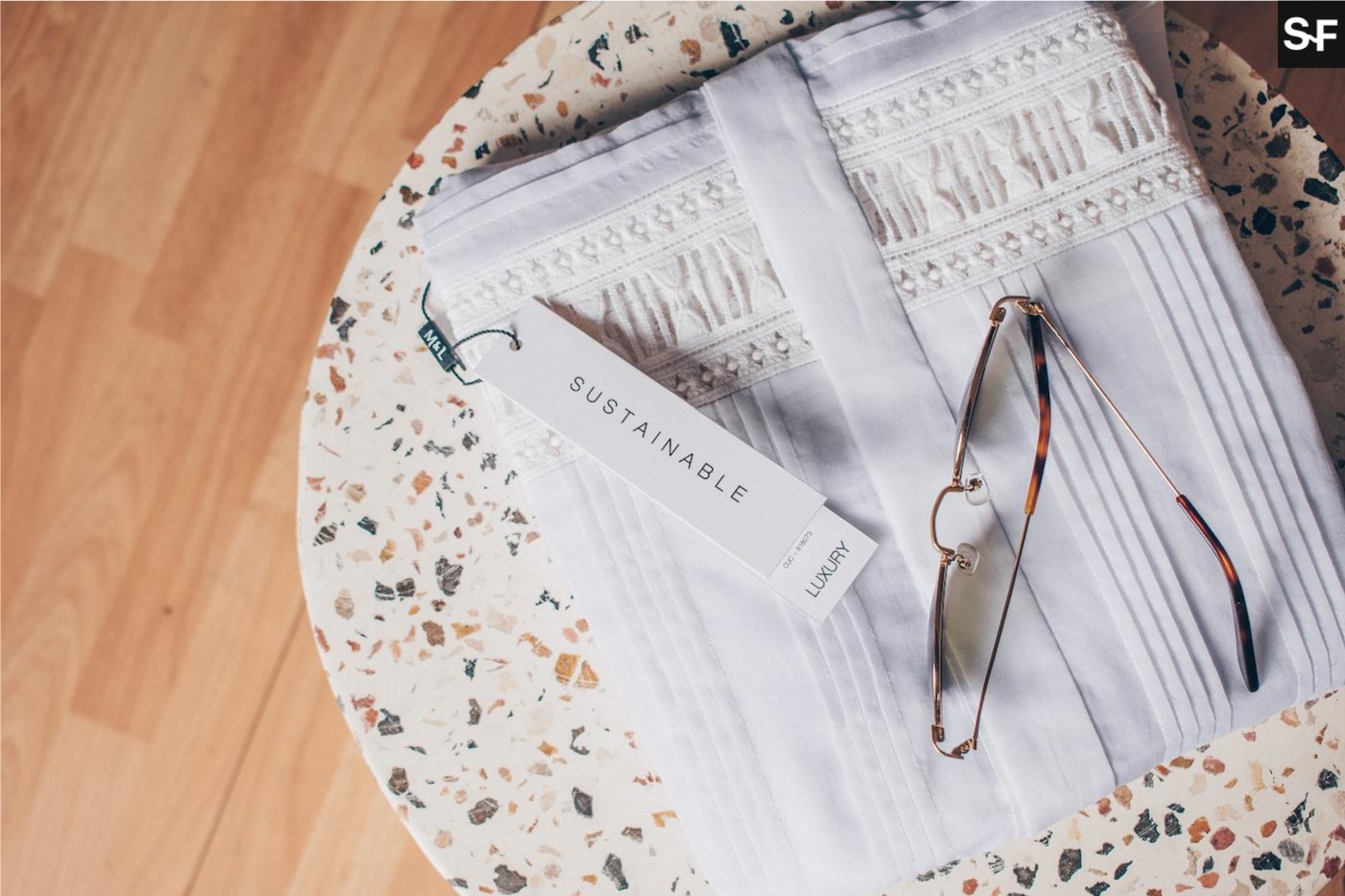
Sustainability 2020 – Is Fashion Becoming More Sustainable?
The sustainability movement in fashion has made good progress over the past few years. There have been efforts by designers and fashion conglomerates to use sustainable cotton alternatives and environmentally-friendly dyes, reduce water and energy consumption, and reduce the overall carbon footprint of their supply chains. Nonetheless, the industry still faces accusations of greenwashing. Critics say that change is not happening fast enough. And the industry continues to mass-produce garments, consequently promoting overconsumption and creating a staggering amount of waste and carbon emissions. While the industry is working to address environmental issues, the insatiable consumer appetite for cheap fashion continues to fuel unsustainable practices. We, the consumers, are buying more clothes than ever before. Sustainable production combined with ethical consumption is the only way to tackle the problem. One cannot work without the other.
Most of the sustainability initiatives by brands, especially fast fashion brands, are at best vague and insufficient. Brands like Zara and H&M, two of the biggest fast fashion brands, have started eco-collections called Conscious Collection and Join Life. But, such efforts have been called out by environmental groups as flagrant examples of greenwashing. After the launch of Conscious Collection, H&M CEO Karl-Johan Persson came under fire for the brand’s misleading promotion strategy. Greenwashing endeavours as such delude consumers into thinking that the products they are buying are more sustainable than they are. Mainstreaming of the sustainable and ethical movement has led to big conglomerates indulging in green tokenism to appease consumer consciousness while promoting irrational fashion consumption with an oversupply of cheap fashion.
While sustainable efforts are the need of the hour, there is a business imperative for brands to become more environmentally-friendly too. According to the 2015 Nielsen Global Corporate Sustainability Report, 73 per cent of millennials would pay more for sustainable products. It’s a latent business opportunity for fashion companies to connect with the younger generation of buyers, who tend to prefer brands that are authentic and honest. This unique millennial consumption trend has expedited 75% of fashion companies to improve their environmental and social performance since 2017. As consumers, we have a big role to play in climate change. Consumers need to be more aware of what and how much they buy. While ethical consumerism is a complex issue with factors such as family care, income, convenience, accessibility, and awareness affecting purchasing decisions, a tectonic shift in our consumption patterns is a necessary step to ensure the future of our planet. Consumers must reject, even boycott greenwashed brands, and choose sustainable alternatives while being mindful of their shopping expenditure. The objective is to buy less, not replace non-sustainable products with greener alternatives.
Fashion and environmental custodians need to ensure that brands provide more information and create transparency in their environmental certification, supply chains, labour practices, materials, and recycling projects for consumers to be able to make the right choice. For consumers, who have used fashion as an outlet of personal expression to satisfy emotional and egoistic desires, need to move away from western consumerist ideals and embrace ethical shopping. The course of sustainability lies in the hands of both consumers and companies. Changes in business models, augmentation of modern technologies, and shift to on-demand based supply models can help the fashion industry to become more sustainable while creating growth opportunities.
